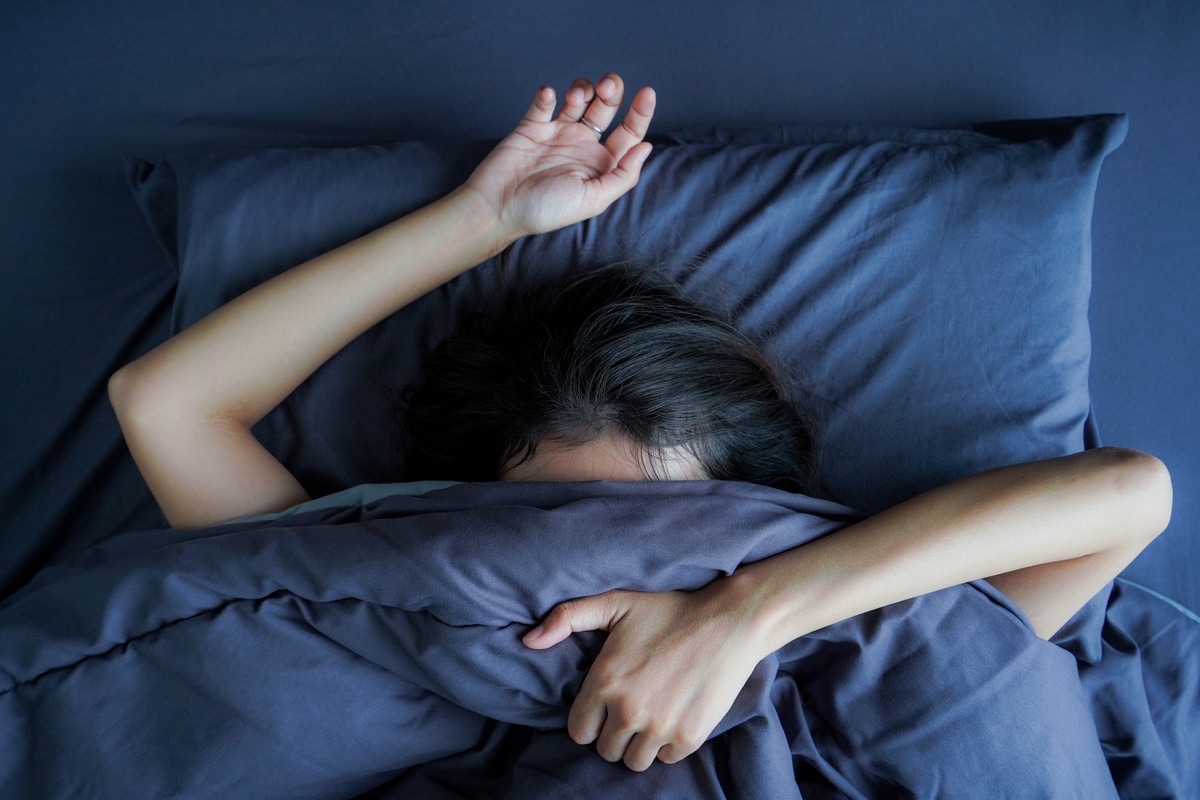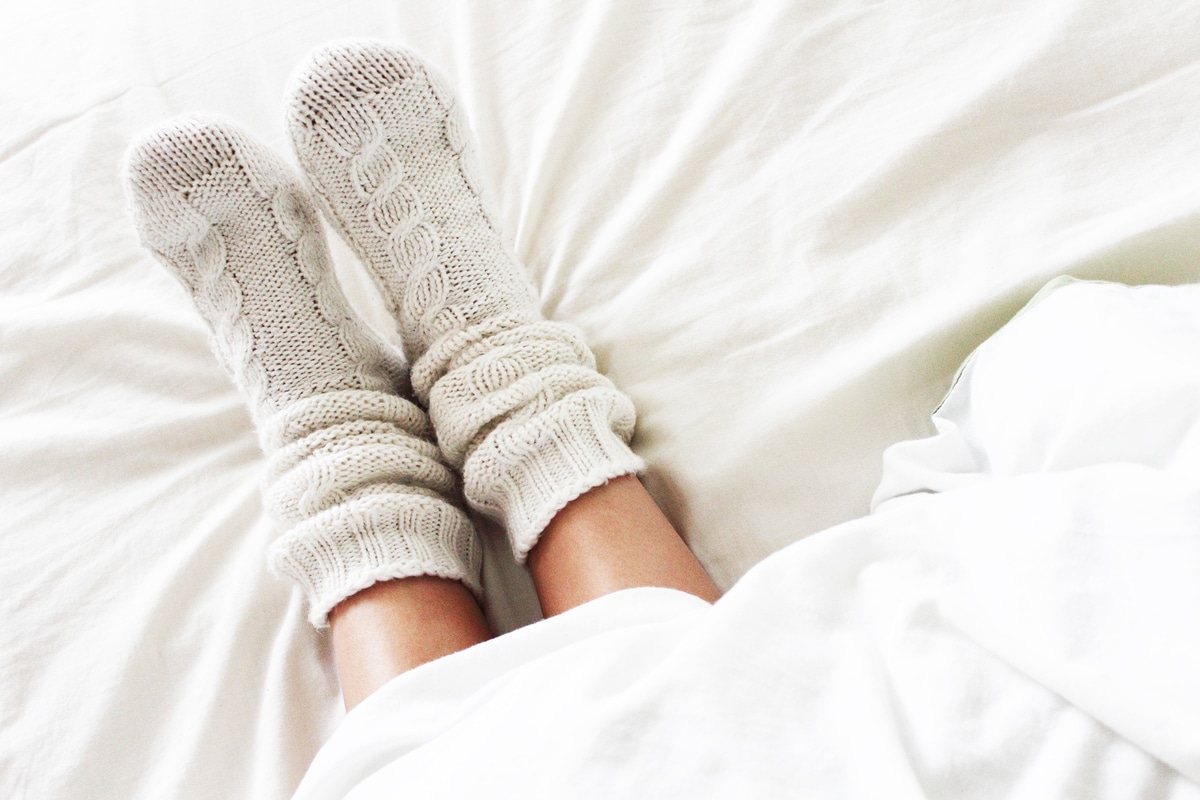
A regular sleep pattern is important to maintaining your health, mood and mental wellbeing.
Sleep can help boost your immune system, strengthen your heart, and reduces our chances of developing high blood pressure, diabetes, and obesity.
Getting a good night’s sleep can be extremely difficult and challenging when you work shifts. Your body is working against the circadian rhythm which is largely based on the light-dark cycle, which is sleep during the night, awake during the day.
If you’ve recently started working nights, or have been struggling to get good quality sleep during the day, here’s 9 sleep tips for shift workers that will help you get a better night’s sleep.
1. Stick To A Routine
Try to work the same shifts consistently, rather than jumping between different schedules.
Although this can be difficult to organise with your employer, it always pays dividends when it comes to sleep. Remember some pattern is better than no pattern, and the closer you can keep those patterns the better.
Wake up and go to bed at a similar time each day. Preparing your bedtime the same, encourages pattern recognition and gets the body ready for sleep. Try a light snack, a warm bath, brushing your teeth, soothing music.
When you are returning to a natural day shift pattern, remember that bright light boosts alertness. Light alarm clocks and light boxes that mimic the sun’s spectrum and intensity can help to reset wake cycles (aim for ~2500 lux vs. normal lighting of ~150 lux).
2. Make Time To Relax
Take an hour or so to chill out and unwind after that long shift and make time to do the normal activities you enjoy, this can improve your mood and mind before sleep.
Relaxation exercises or meditation could be part of a wind-down to help you relax, when you concentrate on your breathing and regulate your breathing to the slowest and most comfortable rhythm, stress and anxiety disappears making the mind and body more relaxed and ready for sleep.
3. Perfect Your Sleeping Environment
To be able to sleep comfortably, regularly, and consistently your bedroom needs to be cool, dark and quiet.
The ideal bedroom temperature is around 16 – 18 degrees Celsius. Your bedding in autumn should be cosy and in winter you should add layers, a throw or bed cloths, to keep your bed at the correct temperature.
In the summer you should aim to keep things cooler with a lighter duvet or only a sheet. Bedding made from natural materials will help to maintain temperature.
Keep your bedrooms ventilated, this might not be possible during the sleeping period but ensure that fresh air is circulated on a regular basis. This will aid your breathing and oxygen intake and therefore improve your chances of a much better quality sleep.
To achieve total darkness during daylight hours, fit some high quality blackout curtains or blinds or add 100% blackout linings to your existing curtains.
Blackout curtains block out all the light, and provide extra benefits such as stronger insulative properties, limiting external noise and internal noises from other members of your household, as well as keeping the heat in.
Other options to keep the light out, is to wear an eye mask and to remove or cover lights in the bedroom, and you might need to block out daytime noises, which can also disturb a deep restful sleep, consider trying comfortable sponge ear plugs.
4. Cut Down On Caffeine and Alcohol
Limit the amount of caffeine consumed from coffee and energy drinks.
They can be helpful stimulants to promote attention during the first half of a shift but taken within a few hours of bedtime could result in a longer time to fall asleep, reduced deep sleep and fewer sleep hours. Ideally avoid caffeinated drinks five hours before your intended bedtime.
Avoid alcohol in the hour or two before sleep. Alcohol might make you feel sleepy, but it will wake you up too quickly after falling asleep, and it will affect the quality of your sleep.
Heavy or sugary foods are also to be avoided as the digestive system uses a lot of energy whilst you sleep. It is recommended not to eat a large meal 3-4 hour before bed, your digestive system would have to work too hard and your sleep will be restless instead of peaceful.
Stay hydrated, drink 2 – 3L of water a day, it’s good for your body and helps you get a better night’s sleep.
5. Ditch The Tech
No-one wants a bad or poor night’s sleep,so give your body a restful sleep by making your bedroom a gadget and screen free zone.
Leave your smartphone, tablet, and laptops in another room. If you feel the urge for one last look, do this at least 30 minutes before going to sleep. Checking your device stimulates the brain, making you more active and awake, even just a quick check can engage your brain and prolong sleep.
The blue light emitted by your devices, tricks your brain into thinking it’s daytime and can delay the production and release of melatonin. Melatonin is the hormone that controls your sleep-wake cycle, and when your body runs low on melatonin you can experience insomnia, which will lead to tiredness and irritability during the day.
6. Stay Active
Exercise can help to maintain a healthy sleep schedule, and it has been demonstrated to lead to a much deeper and restful sleep.
If you can stay physically fit, your body will be better prepared to cope with changes to the body clock, and you will feel less fatigued overall.
Don’t over exercise and consider exercising at least three hours before going to bed, as exercising too close to bedtime can disrupt your ability to fall asleep.
It is important to make time to exercise in your busy routine, this can be before or during your shift (in your break for example).
Some simple ways to fit some exercise into your routine might be walking or cycling to and from work; going for a lunchtime stroll, jog or swim; or joining an online exercise class such as Pilates, Yoga or Spin sessions.
7. Give Yourself Time
Switching to a new sleep routine can be tough.
Try not to get disheartened if you are still struggling after a couple of days, it could take a while to adjust to a new schedule, and don’t try and force yourself to sleep – sleep is a passive process.
If you cannot sleep, after 30 minutes in bed get up and do something to distract yourself, read a book.
8. Talk To Your Family
Make sure other members of your household are being mindful of your new routine and know the times of the day that you will be trying to sleep.
Ask them not to wake you during your sleep time, except for an emergency. You can always pop a ‘do not disturb’ sign on the door as a subtle reminder.
Do not be afraid to say no to any social invites. Know when you can or cannot afford to sacrifice sleep time for meeting people and stick to it.
While friends are important, your mental well-being is the real top priority.
9. Ask For Help If You Need It
Leaving your work behind you when you finish a shift is easier said than done for some of us.
High levels of stress can disrupt your sleep, so try talking to a family member, colleague, boss or doctor, to help clear your mind and get a better night’s sleep.
It is not worth your mental health to struggle through with pride if work and sleeping is getting you down.
Do not be afraid to ask for help.










